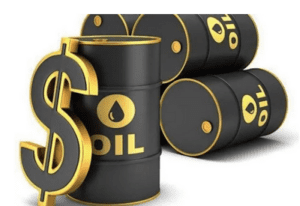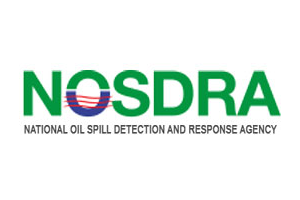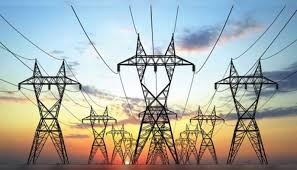


Nigeria’s functional oil drilling rigs rise to 16 — OPEC
The number of functional oil drilling rigs across the country increased marginally to 16 in February, data from the latest March 2024 Monthly Oil Market Report of the Organisation of Petroleum Exporting Countries has shown.
Figures released by OPEC indicated that the country’s oil rigs increased from 15 in January to 16 in February, a development which industry operators described as significant for the production of crude.
OPEC data showed that the country operated an average of 13, 16 and 14 oil rigs in the second, third and fourth quarters of 2023, respectively.
An oil rig/platform is a large structure with facilities to extract and process petroleum and natural gas that lie in rock formations beneath the seabed.
Nigeria, as an oil/gas-rich nation, drills crude oil daily from onshore and offshore sources for export.
It earns more than 80 per cent of its foreign exchange from oil; hence, the number of functional oil drilling rigs across the country is vital.
The international oil cartel revealed that Nigeria’s oil rig count was lowest in 2021, when only an average of seven rigs were functional.
It rose to an average of 10 rigs in 2022 and increased to an average of 14 rigs in 2023.
The Chief Executive Officer of the Nigerian Upstream Petroleum Regulatory Commission, Gbenga Komolafe, in a presentation obtained in Abuja, stated that the country’s oil drilling rigs had increased by over 270 percent in the last three years.
This, according to him, had also impacted the country’s oil output lately, as Nigeria was gradually approaching the oil production quota approved by OPEC.
“275 percent growth in rig count from just eight in 2021 to an average of 30 in the past one year. Early first oil was achieved in recently streamed fields through accelerated FDPs.
“Some of the fields include: Ikike (Total), Efe field (Newcross), Utapate, (NEPL), Akubo Field (SEEPCo), Oyo (General Hydrocarbon) and several others streamed under Extended Well Tests including Ethiope, Omefejo, Ofa, Olure, Ibom, Apani, Kalaekule, etc.,” Komolafe stated.
He disclosed this while speaking on what he called a “success story” in Nigeria’s oil sector, as the NUPRC boss further pointed out that “a total of 51 Field Development Plans (were) approved in the year 2022 – 2023.”
This, he said, was “expected to attract a total $17.64 billion investment inflow as well as deliver cumulative oil recovery and gas recovery estimated at 2.12 billion barrels and 13.13 trillion cubic feet respectively in the next five years.”
He also noted that a total of about $2.5 billion investment was expected in 175 wells drilling in the year 2022 – 2023.
“A total of $2.68 billion investment in 842 well workovers and other well intervention activities in the year 2022 – 2023 resulting in increased average oil production,” Komolafe stated.
According to Komolafe, though the actual national crude oil production currently averages 1.33 million barrels per day and 256,000 barrels of condensate per day, the national technical production potential currently stands at 2.26 million bpd, while the current OPEC quota is 1.5 million bpd.
“Closing the gap between the actual oil production and the technical potential presents a window of investment opportunities for investors and a significant opportunity for Nigeria to unlock additional revenue streams, address the current foreign exchange gap and strengthen her economic resilience. So there is opportunity in every disability,” the NUPRC boss stated.
He remarked the commission had also intensified efforts in collaborating with international oil companies to ensure accelerated maturation and development of some high-volume deep offshore assets.
The commission has created further investment opportunities through the ongoing licensing round for seven deepwater acreages, as well as the proposed 2024 closed bids expected to increase the nation’s reserve and production and boost national revenue.
“At this point, permit me to reiterate that both open and closed bids are permissible by the law as Section 73(1) of the PIA does not preclude either approach, so far as the licensing round is ‘…based on a fair, transparent and competitive bidding process’,” he enunciated.



